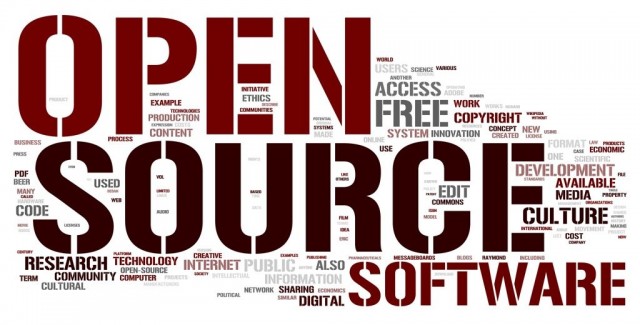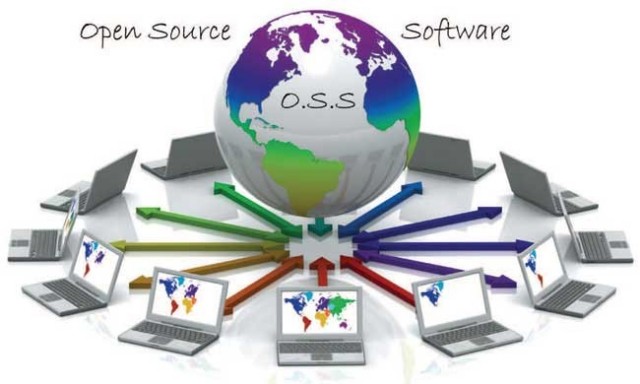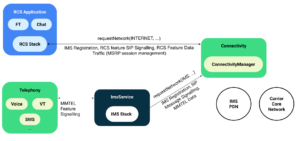You have an idea for creating a piece of open source software. What do you do? Well, to start, you need to understand licensing, rights, and agreements. Even if you’re not too concerned about selling anything or establishing a copyright, it’s important that your work remain intact in some way. Otherwise, why create it. All open source projects, oddly enough, contain some type of use-language, a type of copyright – even when it’s copyleft.
What If I Don’t Want To Distribute My Program In Source Code Form?
If you don’t distribute the code, then you’re not really contributing open source software to the marketplace. If you don’t distribute at all, then you’re not distributing source code, so nothing you do is going to be open source.
In other words, all open source licenses are always applied to the source code. So, you have to distribute the source code for it to be open source. You may or may not distribute binaries. This is not the primary issue underlying open source programming. What is of primary importance is that the source code be open and freely available. The binaries alone can’t be open source, because you’re not making any source code available this way.
When you make it freely available, some wondrous things happen. First, you get all kinds of improvements to the basic software program you created. It gets distributed through applications like the Vuze BitTorrent client found at www.Vuze.com, and you enrich peoples’ lives.
What License Should You Use?
If you are the originator of the source code and you haven’t used anyone else’s source code you can use any license from the open source licenses listed on the opensource.org site (www.opensource.org/licenses), or a license you create yourself. Most developers use one from the “popular” category, but you can use whichever you believe will be best for you, your new creation, and the open source community (if that is important to you).
If this is your first time, you should consult with someone who has experience with open source software licensing. It doesn’t need to be a lawyer, thought that can be helpful too.
How To Apply A Copyright License To Open Source Software
This isn’t specific to open source licenses, but rather how to apply some particular copyright license to your own software – many licenses come with instructions on how to apply them. While a lawyer isn’t necessary, you might want one if you just don’t know what to do with your license. In general, however, most programmers don’t need a lawyer when using these licenses.
The Software Freedom Law Center maintains a guide on managing copyright information within open source projects. Also, there are other guides on the Internet that may be able to help you navigate copyright laws, though they will never replace actual legal counsel.
How To Protect The Copyleft License
Oddly enough, even though copyleft protection’s goal is to open up software licensing and make it easier to redistribute and modify software, every software under copyleft is actually protected by copyright. It’s just that the use restrictions are very different from traditional copyright protections. In general, you will need a lawyer to help you enforce copyleft protection, but some organizations like the Software Freedom Law Center may help too. Otherwise, you can contact the GPL Violations Project or, if your program is one of the Software Conservancy’s Member Projects, you can contact the Conservancy and they will help you.
Russell Lammers is a whiz with computer programming. He greatly enjoys customizing software and helping others understand how to create and properly use programs of their own.







More Stories
SCPM Client vs. Traditional Methods: Revolutionizing Supply Chain Performance
How to Effectively Remove ChocoEukor from Your Android Device
Is Companion Device Manager Spyware? 10 Shocking Truths Revealed